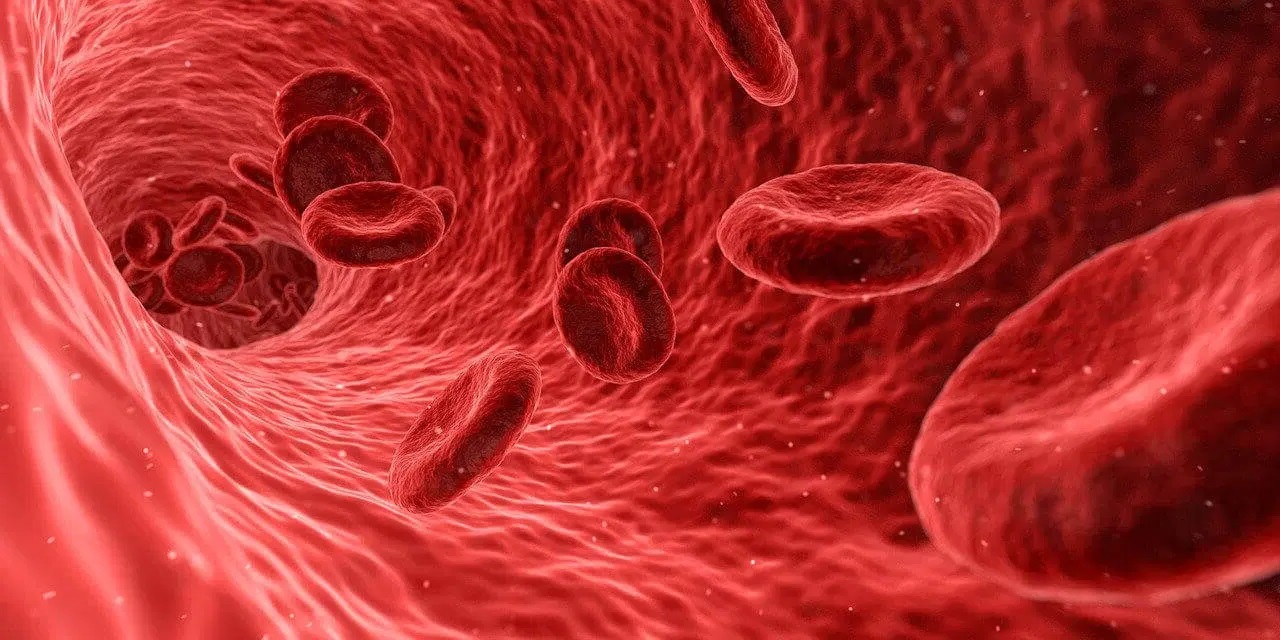
What is the Rh Factor? The Rh factor is a protein found on the surface of red blood cells. If your blood has this protein, you’re Rh-positive; if not, you’re Rh-negative. This small detail can have a big impact, especially during pregnancy. An Rh-negative mother carrying an Rh-positive baby can face complications without proper medical care. Knowing your Rh status is crucial for safe blood transfusions and prenatal care. About 85% of people are Rh-positive, making Rh-negative individuals less common. Understanding the Rh factor helps in managing health risks and ensuring compatibility in medical treatments.
What is Rh Factor?
The Rh factor is a protein found on the surface of red blood cells. Understanding this protein is crucial for blood transfusions and pregnancy. Let’s dive into some fascinating facts about the Rh factor.
- Rh Factor Discovery
The Rh factor was discovered in 1940 by Karl Landsteiner and Alexander Wiener. They named it after the Rhesus monkey, where it was first identified. - Rh Positive and Rh Negative
People with the Rh protein are Rh positive, while those without it are Rh negative. This classification is essential for blood compatibility. - Rh Factor and Blood Types
Blood types are categorized as A, B, AB, or O, and each can be Rh positive or Rh negative. This creates eight possible blood type combinations. - Rh Factor Inheritance
The Rh factor is inherited from parents. If both parents are Rh negative, their child will also be Rh negative. - Rh Factor Prevalence
Approximately 85% of people are Rh positive. The remaining 15% are Rh negative.
Importance of Rh Factor in Pregnancy
The Rh factor plays a significant role during pregnancy. It can affect both the mother and the unborn child in various ways.
- Rh Incompatibility
Rh incompatibility occurs when an Rh-negative mother carries an Rh-positive baby. This can lead to complications if not managed properly. - Hemolytic Disease of the Newborn (HDN)
HDN is a condition where the mother’s immune system attacks the baby’s red blood cells. This happens if the mother is Rh negative and the baby is Rh positive. - Rho(D) Immune Globulin
Rho(D) immune globulin is a medication given to Rh-negative mothers to prevent HDN. It helps by stopping the mother’s immune system from attacking the baby’s red blood cells. - First Pregnancy Safety
Rh incompatibility usually doesn’t affect the first pregnancy. However, subsequent pregnancies can be at risk if the mother has developed antibodies. - Routine Prenatal Testing
Pregnant women are routinely tested for their Rh factor. This helps in early detection and management of potential Rh incompatibility issues.
Rh Factor and Blood Transfusions
Blood transfusions require careful matching of both blood type and Rh factor to prevent adverse reactions.
- Universal Donor and Recipient
O negative blood is considered the universal donor type because it lacks A, B, and Rh antigens. AB positive is the universal recipient type. - Transfusion Reactions
Receiving blood with an incompatible Rh factor can cause serious reactions, including fever, chills, and even kidney failure. - Blood Bank Protocols
Blood banks rigorously test for Rh factor to ensure safe transfusions. This minimizes the risk of incompatibility. - Emergency Transfusions
In emergencies, O negative blood is often used because it is least likely to cause a reaction. - Rh Factor in Organ Transplants
Rh factor matching is also important in organ transplants to reduce the risk of rejection.
Rh Factor in Different Populations
The prevalence of Rh factor varies among different populations and ethnic groups.
- Caucasian Populations
About 15% of Caucasians are Rh negative, making it more common in this group compared to others. - African Populations
In African populations, around 7% are Rh negative. This lower percentage affects blood donation and transfusion practices. - Asian Populations
Rh negativity is rare in Asian populations, with less than 1% being Rh negative. - Indigenous Populations
Some indigenous populations have unique Rh factor distributions, influencing medical practices in those communities. - Global Distribution
The global distribution of Rh factor affects international blood donation efforts and medical protocols.
Rh Factor and Medical Research
Ongoing research continues to uncover new insights about the Rh factor and its implications for health.
- Genetic Studies
Genetic studies are exploring the inheritance patterns of the Rh factor, providing deeper understanding of its transmission. - Autoimmune Diseases
Research is investigating potential links between Rh factor and autoimmune diseases, aiming to improve treatments. - Cancer Research
Some studies suggest that Rh factor may influence cancer risk, though more research is needed to confirm these findings. - Stem Cell Research
Rh factor is considered in stem cell research, particularly in developing therapies for blood-related conditions. - Vaccine Development
Understanding Rh factor interactions can aid in developing vaccines that are safe for all blood types.
Rh Factor and Personal Health
Knowing your Rh factor can have practical implications for your personal health and medical care.
- Blood Donation
Rh-negative individuals are encouraged to donate blood, as their blood type is often in high demand. - Medical ID
Wearing a medical ID that indicates your Rh factor can be crucial in emergencies, ensuring you receive compatible blood. - Family Planning
Couples planning to have children should be aware of their Rh factors to anticipate and manage potential incompatibility issues. - Travel Considerations
When traveling, especially to remote areas, knowing your Rh factor can be important in case of medical emergencies. - Health Records
Keeping your Rh factor information in your health records ensures that healthcare providers have access to this critical information.
Rh Factor and Historical Context
The history of the Rh factor is filled with interesting milestones and discoveries.
- Early Blood Transfusions
Before the discovery of the Rh factor, blood transfusions were risky and often fatal due to incompatibility issues. - World War II
The discovery of the Rh factor during World War II significantly improved the safety of blood transfusions for wounded soldiers. - Medical Milestones
The identification of the Rh factor is considered one of the major milestones in hematology and transfusion medicine. - Nobel Prize
Karl Landsteiner, who co-discovered the Rh factor, was awarded the Nobel Prize in Physiology or Medicine in 1930 for his earlier work on blood groups. - Public Awareness
Public awareness campaigns have helped educate people about the importance of knowing their Rh factor.
Rh Factor and Modern Medicine
Modern medicine continues to benefit from the understanding and application of Rh factor knowledge.
- Prenatal Care
Advances in prenatal care have made it easier to manage Rh incompatibility, reducing the risk of complications. - Blood Storage
Improved blood storage techniques ensure that Rh-negative blood is available when needed, even in emergencies. - Genetic Counseling
Genetic counseling for couples with different Rh factors helps them understand potential risks and options. - Medical Education
Medical education programs emphasize the importance of Rh factor knowledge for healthcare professionals. - Future Research
Future research on the Rh factor promises to uncover even more about its role in health and disease, paving the way for new treatments and therapies.
The Bottom Line on Rh Factor
Understanding the Rh factor is crucial for pregnancy and blood transfusions. This protein on red blood cells can be either present (Rh-positive) or absent (Rh-negative). If an Rh-negative mother carries an Rh-positive baby, complications can arise. Rh incompatibility can lead to hemolytic disease of the newborn, which is serious but preventable with Rho(D) immune globulin injections.
Knowing your blood type and Rh status helps in medical emergencies. It’s also fascinating how this small protein can have such a big impact on health. Whether you’re planning a family or just curious about your body, understanding the Rh factor adds another layer to your knowledge. So, next time you hear about blood types, remember the Rh factor’s role in keeping us healthy.
Was this page helpful?
Our commitment to delivering trustworthy and engaging content is at the heart of what we do. Each fact on our site is contributed by real users like you, bringing a wealth of diverse insights and information. To ensure the highest standards of accuracy and reliability, our dedicated editors meticulously review each submission. This process guarantees that the facts we share are not only fascinating but also credible. Trust in our commitment to quality and authenticity as you explore and learn with us.


